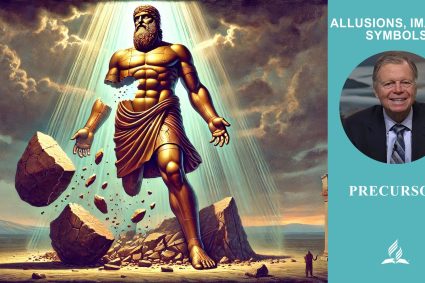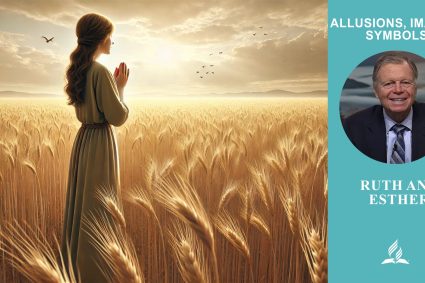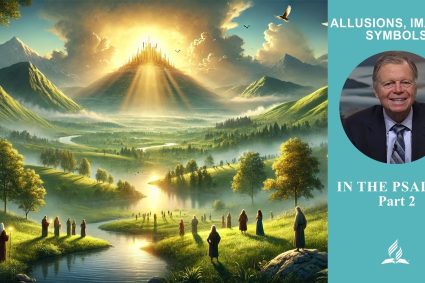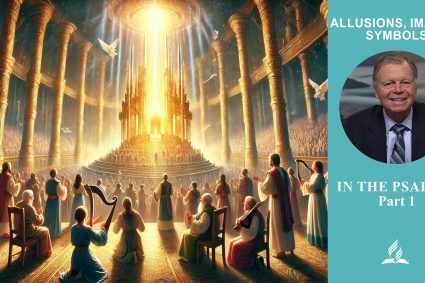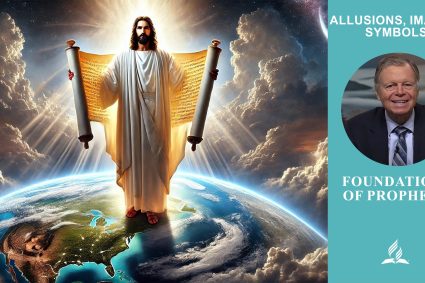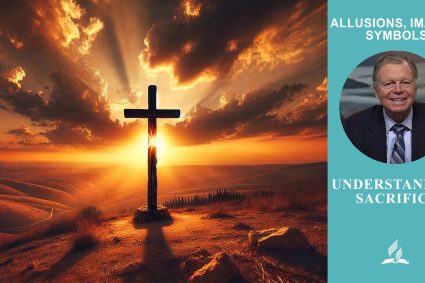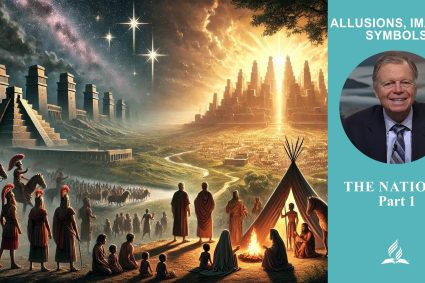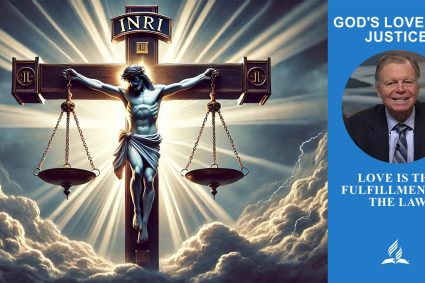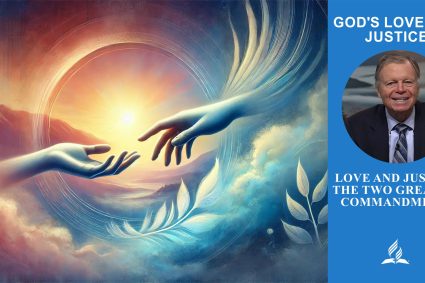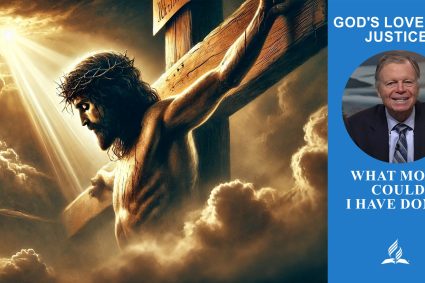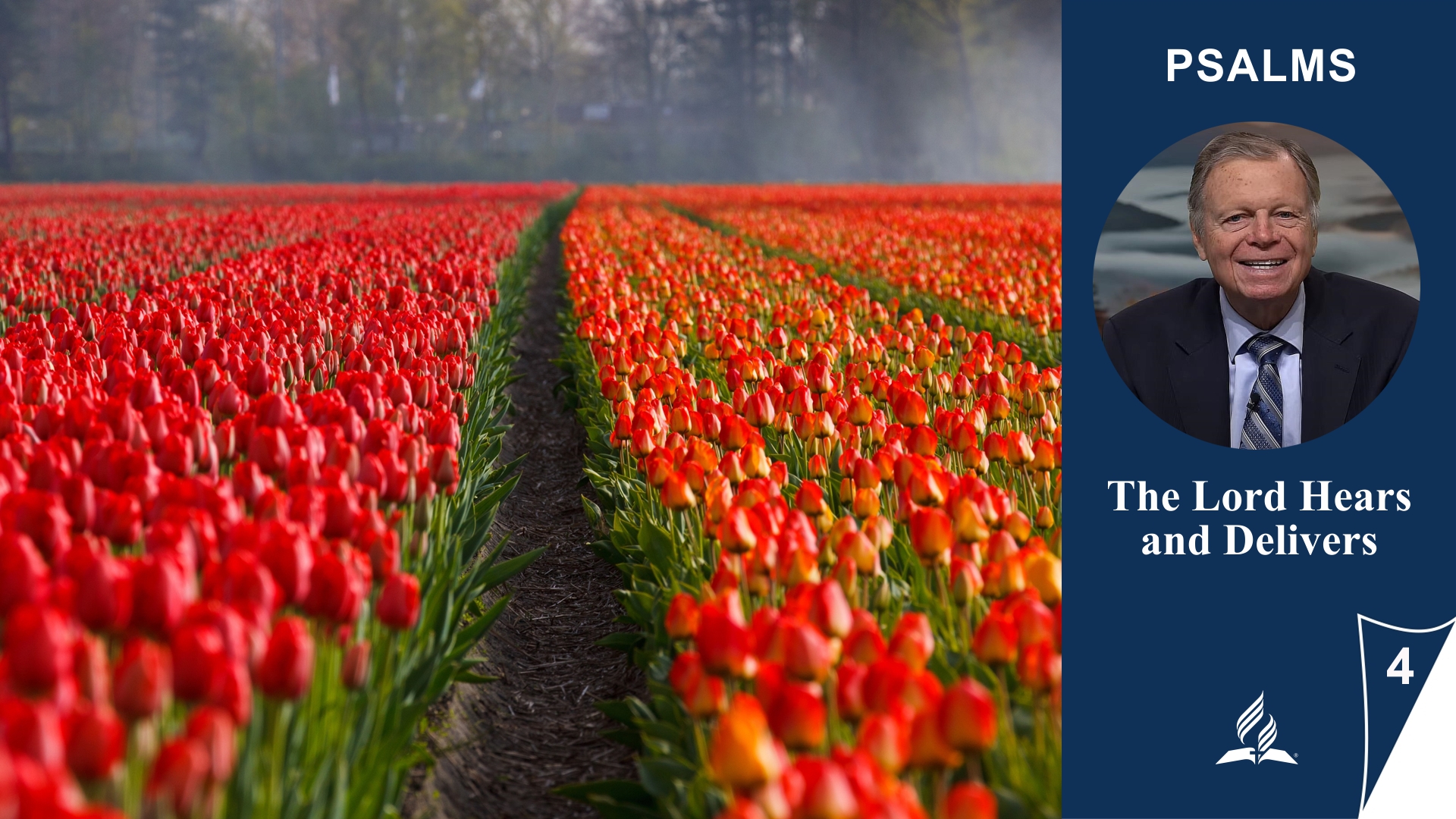
Series PSALMS with Pastor Mark Finley |
Lesson 4.The Lord Hears and Delivers |
In Lesson 4, the powerful message of the Psalms about God’s power, presence, and care is thoroughly explored. Psalm 139 vividly conveys that God’s knowledge of us is profound and unique. In contrast to human help, which is limited, God has the means to assist us. The assurance of God’s care, especially emphasized in Psalm 121, reveals that God secures our life’s path and provides comprehensive protection. In times of trouble, the Lord is a refuge, as illustrated in Psalms 17, 31, and 91, encouraging believers to trust in God’s proven care. The Psalms also illustrate God’s sovereignty over natural forces, particularly in Psalm 114, which views the liberation from Egypt as a symbol of God’s power. The help from the sanctuary is depicted as superior refuge and redemption, emphasizing the holiness of the sanctuary and inviting believers to trust in the heavenly throne of grace. The worship in the sanctuary becomes an impressive representation of redemption through Jesus Christ.
Memory Text: Psalm 34:17 – “The righteous cry out, and the Lord hears, and delivers them out of all their troubles.”
Content:
4.1 My Frame Was Not Hidden From You
Psalm 139 eloquently describes God’s power, presence, and goodness. The poetic depiction emphasizes that God’s knowledge of us is profound and unique. Unlike human help, which is often limited, God knows us intimately and has the means to help us. This awareness should not frighten us but lead us into the embrace of Jesus. God’s presence is emphasized by showing that there is no place beyond His reach. The greatness of God invites us to burst into joy and to fully trust in His help and deliverance.
4.2 Assurance of God’s Care
The Bible reveals God as the living caretaker involved in our daily affairs. The Psalms, especially Psalm 121, show that God secures our life’s path, is constantly vigilant, and provides physical and spiritual protection. His closeness is emphasized by the image of the right hand, and poetic images of the sun, moon, coming and going underscore God’s comprehensive care. The psalmist relied on this loving care of God, and so should we place our trust in His protective hand.
4.3 The Lord Is a Refuge in Adversity
The psalmist reveals in Psalms 17, 31, and 91 that the Lord is a refuge in times of trouble. In the midst of difficulties, the psalmist turns confidently to God, his secure fortress and shield. The image of the shadow of God’s wings provides comfort and security, similar to the protection offered by a bird mother or a hen. These metaphysical images underscore the psalmist’s trust in God’s proven care, rooted in his past experience and strengthening his faith for the future. Trust in God is the conscious decision to acknowledge God’s sovereignty over one’s life under all circumstances.
4.4 Defender and Deliverer
The poetic depiction of God’s marvelous deliverance in Psalm 114 vividly illustrates His sovereignty over natural forces and human powers. This deliverance from Egypt is seen in the Old and New Testaments as a symbol of God’s power to save His people. Paul interprets the Exodus from Egypt in 1 Corinthians 10:1–4 as a spiritual lesson, considering the story as a metaphor for salvation through Jesus Christ. Amid the dangers on the way to the heavenly Jerusalem, the Psalms encourage believers to trust in the Creator of heaven and earth. Jesus himself echoes the spirit of Psalm 114 by calming the storm and declaring that the Church has nothing to fear, as he has overcome the world. The great deeds of the Lord should make the earth tremble in His presence, not out of fear, but in acknowledgment and worship. With God by their side, believers have nothing to fear.
4.5 Help From the Sanctuary
In the mentioned Psalms, help is primarily associated with the sanctuary. The sanctuary serves as a place of refuge, security, and redemption. God defends the oppressed, gives strength from His sanctuary, and proclaims righteous judgments. The refuge in the sanctuary surpasses the safety of other places, as God personally dwells in His presence. This aspect finds parallels in the New Testament, where Jesus is mentioned as the High Priest who empathizes with our weaknesses, and believers are encouraged to boldly approach the throne of grace, the heavenly sanctuary. The holiness of the sanctuary requires humility and acknowledgment of one’s sinfulness, while also emphasizing God’s grace and faithfulness, leading to a right relationship with God through repentance and acceptance of forgiveness. The worship in the sanctuary thus becomes a representation of the redemption found through Jesus.
4.6 Summary
The lesson emphasizes the impressive power, presence, and goodness of God, poetically described in Psalm 139. It illustrates that God not only knows us intimately but also has the means to help us. The assurance of God’s care is emphasized through Psalms like 121, highlighting the safety and protection of the sanctuary. In times of trouble, the Lord is a refuge, as shown in Psalms 17, 31, and 91, and believers are encouraged to build their trust confidently on God. The Psalms also illustrate God’s sovereignty over natural forces, particularly in Psalm 114, which considers the liberation from Egypt as a symbol of God’s power. Help from the sanctuary is portrayed in the Psalms as superior refuge and redemption, emphasizing the holiness of the sanctuary and inviting believers to trust in the heavenly throne of grace. The worship in the sanctuary becomes a representation of redemption found through Jesus Christ.
(Visited 23 times, 1 visits today)




